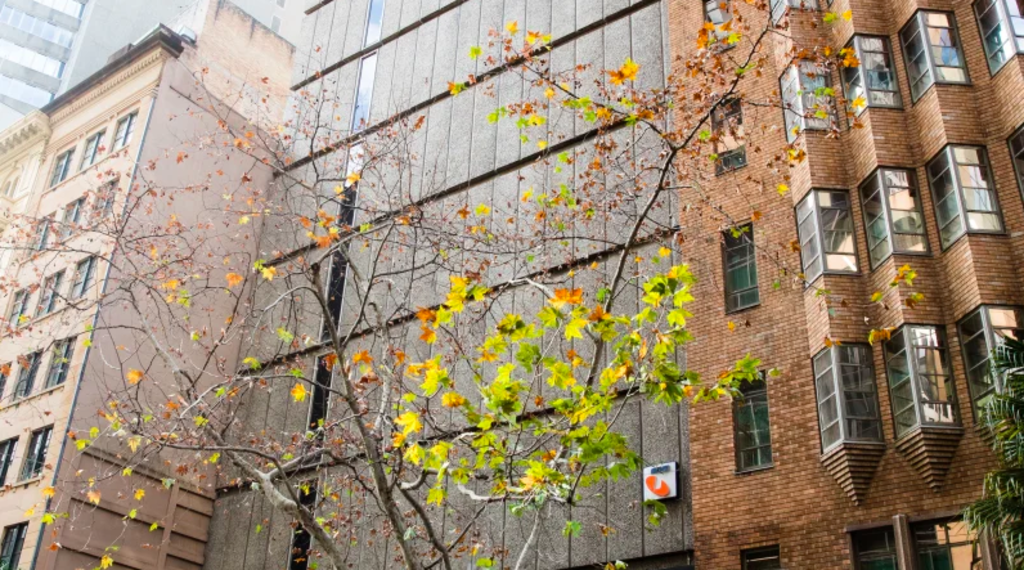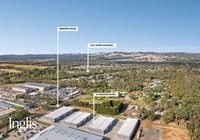
Charter Hall leads race for Telstra exchange
Charter Hall’s strong appetite for sale and leaseback deals with ASX-listed tenants on long lease terms shows no sign of abating with the acquisitive fund manager leading the race for Telstra’s Pitt Street telephone exchange in the Sydney CBD, which is expected to sell for about $280 million.
The property, at 76-78 Pitt Street, has a 23,473-square-metre gross floor area in its current form and would be leased back to Telstra on a 10-year, triple-net agreement.
It boasts a data centre, office space and a four-year-old broadcast operations centre, which hosts and distributes media for Telstra Broadcast Services’ customers.
A price tag of $280 million would reflect a yield of about 4.75 per cent.
Several underbidders were informed this week they were no longer in the running for the property, which has left Charter Hall the last party standing to undertake exclusive due diligence.
Knight Frank, the agency selling the property on behalf of Telstra, declined to comment on the sales process.
Charter Hall was always an obvious candidate for the property, given its existing relationship with the telecommunications company. Last year the fund manager, with backing from one of Canada’s largest pension funds, bought Telstra’s Melbourne office headquarters for $830 million.
A month later, a Charter Hall-led consortium acquired a $700 million stake in a newly created $1.43 billion Telstra property trust, containing 37 of the telco’s higher value exchange properties. The portfolio was valued at an implied rental yield of 4.4 per cent.
Charter Hall had also been in the running for Telstra’s data centre in Clayton but missed out to Centuria Industrial REIT, which acquired the Melbourne asset for $416.7 million in August, in a 30-year lease-back arrangement.
The divestment of the Pitt Street exchange by Telstra is part of the telco’s strategy, announced in 2018, to unlock $2 billion of equity by selling some of its assets by the end of 2020.
Its considerable land holdings were nominated as an obvious place to start, given demand for unlisted property assets and prices being paid by cashed-up investors.











